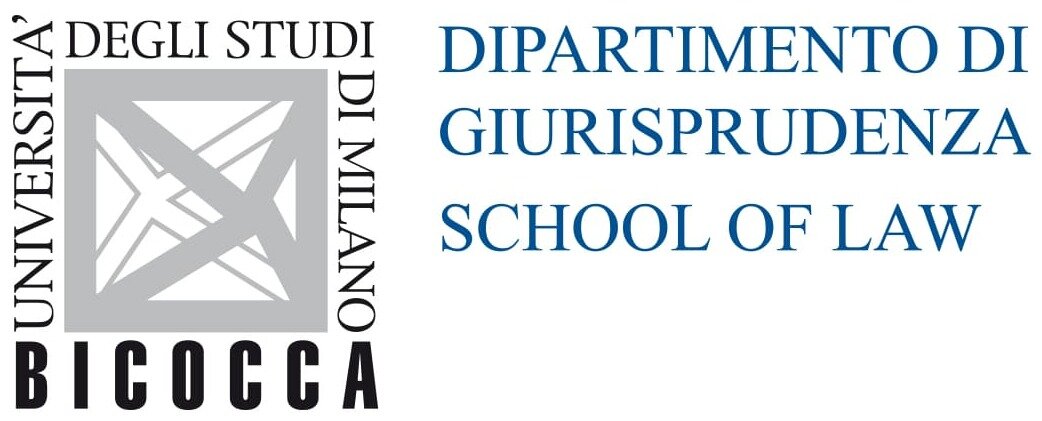The environmental crime of “omitted remediation” and its first implementations in the courtrooms. Brief notes on Preliminary Hearing Judge, Court of Fermo, sent. 21/01/21
Pubblicato nel n. 2\2021
Lo scritto è stato sottoposto, in forma anonima a blind peer review
Abstract. Il presente contributo, prendendo spunto dalla recente sentenza con cui il G.U.P. del Tribunale di Fermo ha prosciolto gli imputati del reato di omessa bonifica ex art.452-terdecies c.p., propone un focus sullo stesso eco-delitto introdotto dalla L. 68/2015, riguardo al quale, fin da subito, teorici ed operatori del diritto hanno manifestato dubbi e perplessità, specialmente in ordine all’ambito applicativo, considerata l’attigua figura contravvenzionale già prevista dall’art. 257 del d.lgs 152/2006). In attesa dell’elaborazione di criteri ermeneutici esaustivi da parte della Corte di Cassazione, si ritiene interessante esaminare la citata pronuncia che costituisce una delle prime applicazioni del tanto atteso, quanto controverso, delitto di omessa bonifica e che si presenta di particolare interesse in relazione a due distinti profili: l’individuazione della condotta tipica e l’individuazione dei soggetti responsabili del nuovo reato
Abstract. The paper takes the cue from the recent sentence with which the preliminary hearing Judge, Court of Fermo, has acquitted the accused for the omitted reclamation crime ex art.452- terdecies of criminal code. It proposes a focus on the same eco-crime provided by L. 68/2015, concerning which legal theorists and workers have expressed doubts and concerns, especially with regard to the application field, considered the adjacent offence provided by art. 257 d.lgs. 152/2006. While waiting for exhaustive hermeneutic criteria by the Supreme Court of Justice, it is interesting to examine the first applications of the long-awaited and controversial omitted remediation crime. Two distinct profiles of this ruling appear interesting: the identification of the typical conduct and the identification of the responsible persons for the new crime.
Parole chiave: Inquinamento ambientale, omessa bonifica, Attività di caratterizzazione e analisi del rischio, ricerca del responsabile, responsabilità sostitutiva dell’ente pubblico, esclusione
Key words: Environmental pollution, omitted remediation, characterization and risk analysis activities, search for the polluter, substitute liability of the public body, exclusion



